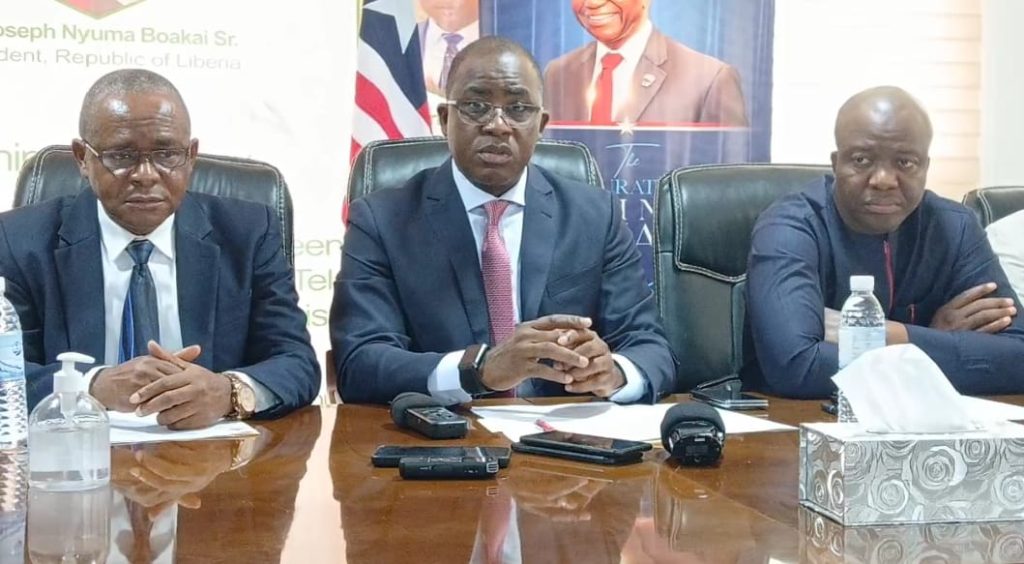The Liberian Government has embarked on a significant initiative aimed at enhancing national security and digitalization through a comprehensive national identity and registration project. Launched on October 8, 2024, the project will closely scrutinize SIM card holders in the country, ensuring that their identities are verifiable. The collaboration is spearheaded by the National Identification Registry (NIR) alongside the Liberia Telecommunications Authority (LTA) under the framework of the SIM Card Registration and National Identity Registration Project. The primary goal of this project is to regularize the identities of SIM card holders, in an effort to combat crimes and internet fraud while fostering a safer digital environment for all Liberians.
During the launch event in Paynesville, Andrew Peters, the Executive Director of the NIR, articulated that the Memorandum of Understanding (MoU) aligns with the LTA’s regulations that mandate GSM subscribers to possess identifiable verification numbers. He emphasized that this initiative is not solely about SIM card registration but also serves to enhance the President’s vision for a digitalized Liberia by creating a foundational database containing unique identification numbers for each citizen. Peters expressed the necessity for accountability, stating that SIM cards are increasingly being utilized for criminal endeavors, highlighting the urgent need for regulation within this digital space.
As part of the initiative, the Government is offering a three-month window for SIM card holders to obtain proper identification and verifiable numbers. In a bid to facilitate this process, Peters outlined the plan for an extensive outreach campaign, which will see authorities traveling through various communities and utilizing radio jingles to promote awareness of the new registration requirements. Peters stressed the importance of this transitional period, noting that any SIM card holder who fails to comply after the given timeframe would have their SIM card blocked by the LTA.
The acting Chairperson of the LTA, Abdullah L. Kamara, reinforced the significance of the MoU, indicating that it aims not only to streamline SIM card registration but also to ensure that the foundational database of the nation is sufficiently equipped and maintained with accurate citizen information. Kamara highlighted the project’s potential to identify and register approximately 3.5 million Liberians, fundamentally transforming the digital landscape of the country. His statements underscore the overarching vision of the LTA to lead Liberia into a new era of digital transformation through meticulously gathered data.
With this project, the government is responding to a critical need for improved identification verification in Liberia, particularly as it relates to mobile communication and services. The systematic approach to identifying SIM card holders poses several benefits, including the reduction of fraudulent activities and an improvement in the overall security environment within the nation. As SIM card usage continues to grow, guaranteeing that every user is registered with accurate, verifiable information is positioned as a critical component for national security and safety.
In conclusion, the new national identity and registration project in Liberia represents a proactive step in addressing pressing concerns around security, fraud, and digitalization. The government’s commitment to creating a safer and more accountable digital environment through this rigorous scrutiny of SIM card holders reflects an endeavor to not only enhance security measures but also to lay the groundwork for a more robust digital infrastructure. This initiative stands as a vital effort in the broader context of improving public safety and promoting national development through technology.














